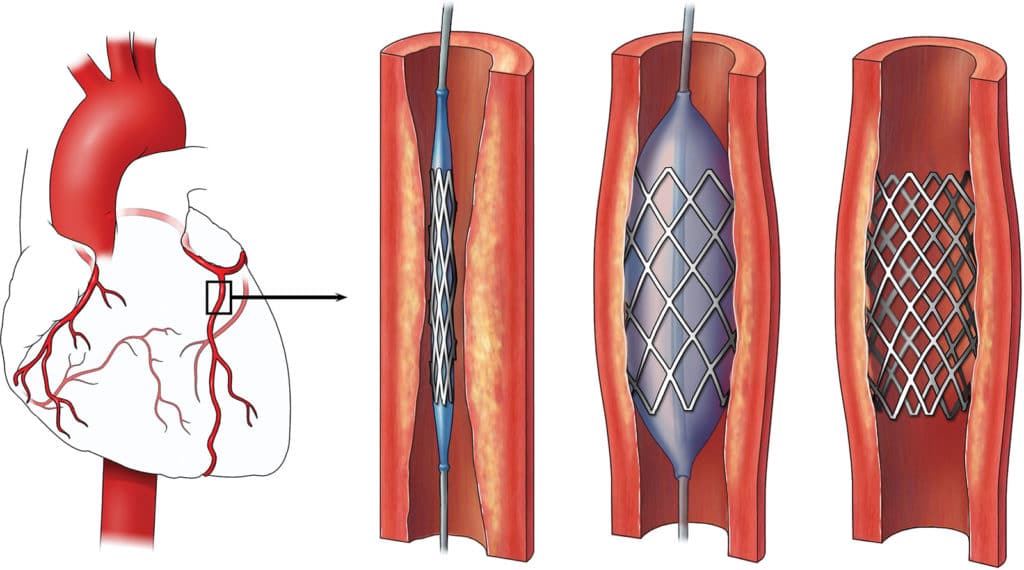Why is Angioplasty Surgery performed?
What is Angioplasty Surgery? Doctors treat through angioplasty, especially after a heart attack or stroke. Angioplasty is also done when blockage or blood flow is bad in other body parts, such as the heart. Angioplasty surgery ensures blood flow to every part of the body and keeps clots from forming.

Why is it performed?
Doctors recommend doing angioplasty for those people who are experiencing atherosclerosis.
The goal of angioplasty is the saving of life of patients who have high blood pressure.
Angioplasty is also done if a patient suffers from severe diabetes.
Who has a higher chance of having an Angioplasty ?
Diabetes.
Kidney failure.
Fluid accumulation in lungs.
Heart issue.
Low BP.
Blockage in the vein.
Angioplasty is done on elder people who had and are still experiencing high levels of calcium.
Angioplasty Benefits
Lower risk and cost compared to surgical procedures.
One wound from catheters and smaller IV wound.
Provider can insert a stent during procedure.
What are the risks or complications of angioplasty ?
- A reaction to the dye.
- Heart attack.
- Abnormal heart rhythm.
- Stroke.
- Blood vessel or kidney damage.
- Blood clots.
- Chest pain.
- Bleeding.
- A repeat blockage if a stent isn’t placed in your artery.
ALSO READ: HEALTH; differences between cardiac arrest and heart attack





